On January 8, 1811, a slave revolt led by Charles Deslondes swept throughout Destrehan’s Plantation.
The Destrehan’s Plantation insurrection began at the plantation of Manuel Andry in St. John the Baptist Parish. Slaves attacked Andry, wounding him and seizing any weapons that could be found. The revolutionaries marched downriver, recruiting additional slaves as they headed towards New Orleans.
By January 9, word had spread about the revolt down the river plantation, and some residents began to flee Destrehan Plantation for their safety. Others stayed behind to protect their property. Owners were told to guard their slaves. It was reported that ahead of the marchers, carriages had lined River Road, heading for New Orleans and beyond.
By the next day, a detachment of troop under the command of General Wade Hampton encountered the revolutionaries at Fortier Plantation. The rebel force split into three groups, as some went north toward the lake, others headed upriver with Charles, and the rest went downriver. The downriver group was stopped at Ormond Plantation, and the upriver group was stopped at Kenner and Henderson Plantation.
At 4:00 a.m. on Saturday, January 12, 1811, in the swamps behind the Picou and Trouard Plantations, Charles was captured and brutally killed by detachments led by Deslondes, his owner and Picou. Judge Pierre Bauchet St. Martin appointed Jean Noel, one of three tribunals. Among the executed slaves, Gros and Petit Lindor, 30-year-old and Jasmin, 45-year-old from Destrehan’s plantation.
For those blacks who participated in the insurrection, twenty-one of the accused were found guilty. Death warrants were issued, each to be shot in front of the plantation. The corpses were then decapitated and their heads were placed on fence poles along the River Road to serve as a warning to others. A survey taken afterward indicated approximately sixty-six were killed in the revolt with others missing or captured and held for trial. Investigations were carried out for many years following the revolt.
sources:
http://www.workers.org/2015/02/06/louisianas-african-slave-revolt-of-1811/
https://en.wikipedia.org/wiki/1811_German_Coast_Uprising

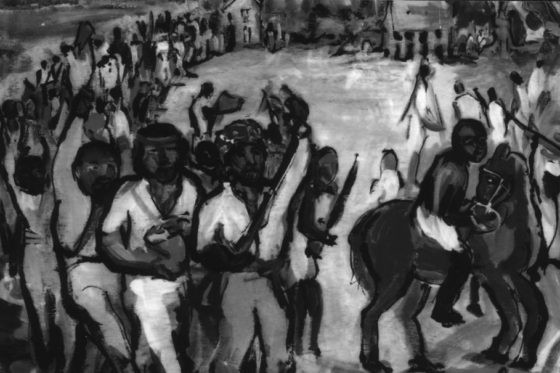

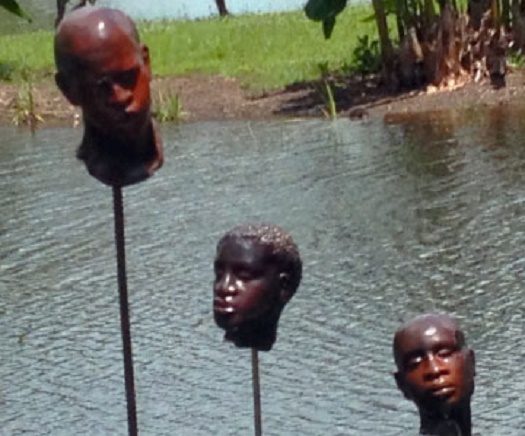





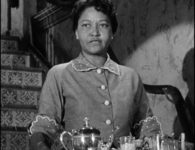
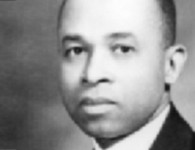
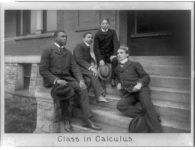
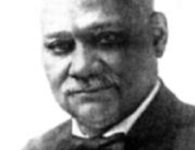
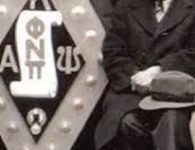

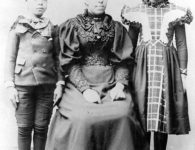

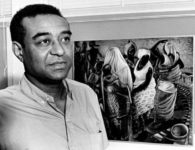
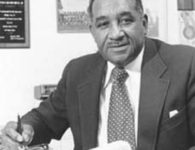

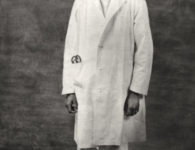

No comments